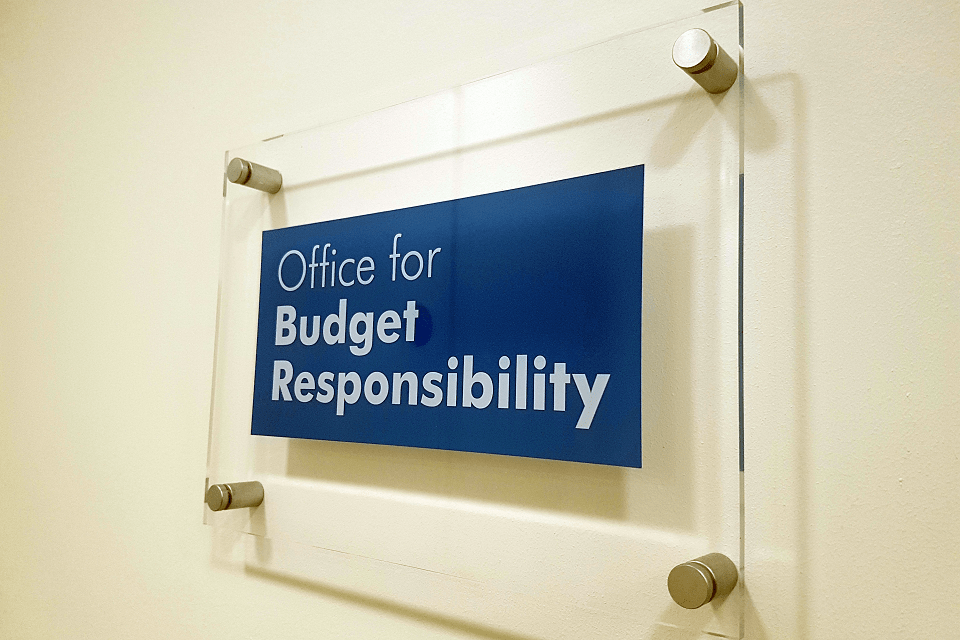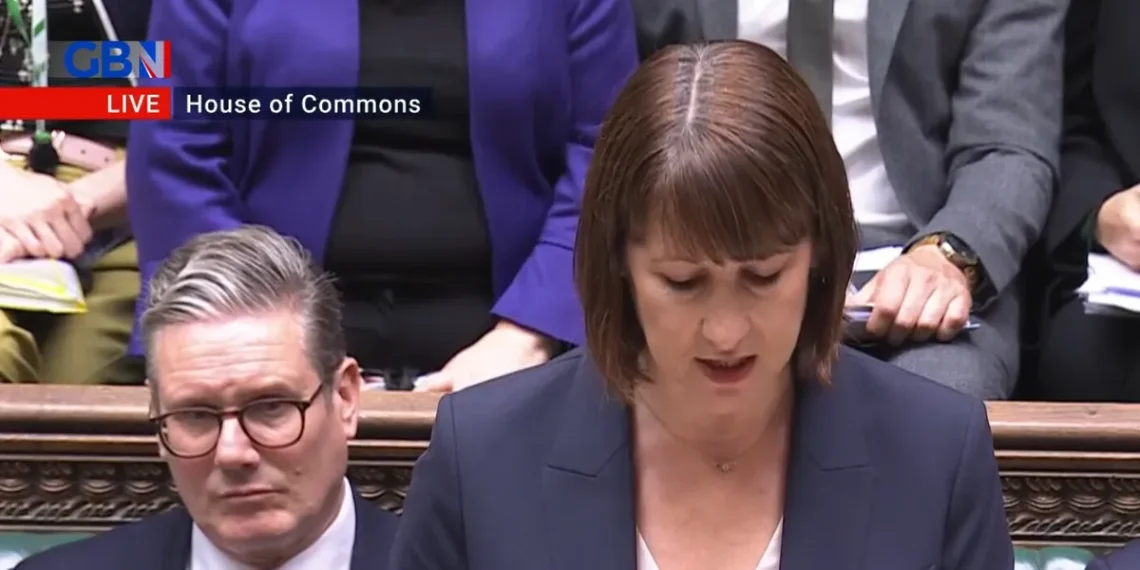Rachel Reeves has announced substantial reductions in hospital and road projects. She also declared the abandonment of the social care cap and limitations on winter fuel payments.
These measures aim to address what she describes as a £22 billion deficit in public spending that was “covered up” by the previous Conservative government.
In a detailed statement to the Commons that blended economic analysis with partisan critique, the Chancellor emphasized, “If we cannot afford it, we cannot do it.” This slogan underscored her justification for the cuts.
Reeves revealed that the autumn budget would be presented on October 30, cautioning that it would entail “difficult decisions to meet our fiscal rules across spending, welfare, and tax,” hinting at possible tax hikes.
Among the cuts, Reeves announced the scrapping of the plan to cap care charges for older people, a decision that provoked loud protests from Conservative MPs.
“I can understand why members are angry,” she responded. “I am angry, too. The previous government let people down.”
Winter fuel payments, previously universal for pensioners, will now be restricted to those on lower incomes receiving pension credit.
Reeves stated, “Let me be clear, this is not a decision I wanted to make, nor is it the one that I expected to make, but these are the necessary and urgent decisions that I must make.”
Additionally, there will be a review of the previous government’s plan for 40 new hospitals, to be replaced with a “thorough, realistic, and costed timetable for delivery.”
Reeves informed MPs that despite anticipating a challenging fiscal situation upon taking office, there were unexpected and severe financial discrepancies.
“Upon my arrival at the Treasury three weeks ago, it became clear that there were things that I did not know, things that the party opposite covered up; covered up from the opposition, covered up from this house, covered up from the country.”
Rachel Reeves
She pointed out that numerous specific budgets were insufficient, resulting in a “£22 billion hole in the public finances now – not in the future, now – £22 billion of spending this year that was covered up by the party opposite.”
Budget Shortfalls and Spending Cuts
This shortfall included significant overspending in various budgets that the Office for Budget Responsibility was unaware of and a £9 billion contingency fund that had been spent multiple times over.

Reeves highlighted an overspend of £6.4 billion on asylum in the current financial year, a £1.6 billion overspend on rail, and no provision for higher-than-expected inflation or public sector pay awards above 2%.
The government has accepted the recommendations of public sector pay review bodies, agreeing to a 22.3% pay award over two years for junior doctors, costing an additional £9 billion this year.
To cover the fiscal gap, Reeves announced that government departments would need to find £3 billion in savings by reducing spending on consultants, communications, and back-office staff.
She cited £1 billion of unfunded transport projects, stating these would undergo a “thorough review,” with the A303 tunnel under Stonehenge and a project on the A27 being scrapped.
Other savings will come from discontinuing the planned Advanced British Standard qualification, speeding up asylum claim processing, and not selling the government’s shares in NatWest to the public at a discount.
As the new Chancellor navigates the turbulent fiscal waters, her decisions will undoubtedly stir debate and challenge the government’s ability to balance economic prudence with public need.
The coming months will be crucial in determining how these cuts and policy shifts will impact the nation’s economic health and social well-being.
READ ALSO: Dada Hafco Shares Thoughts on Making Highlife Song Highest on TGMA



















